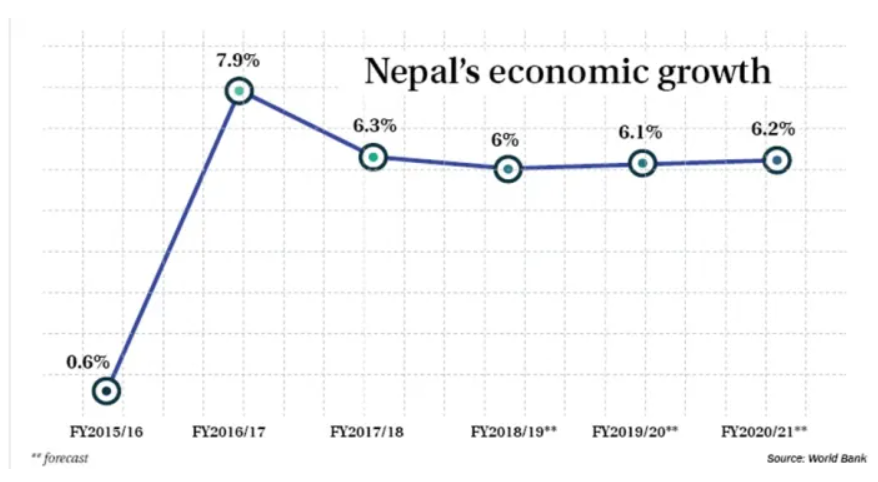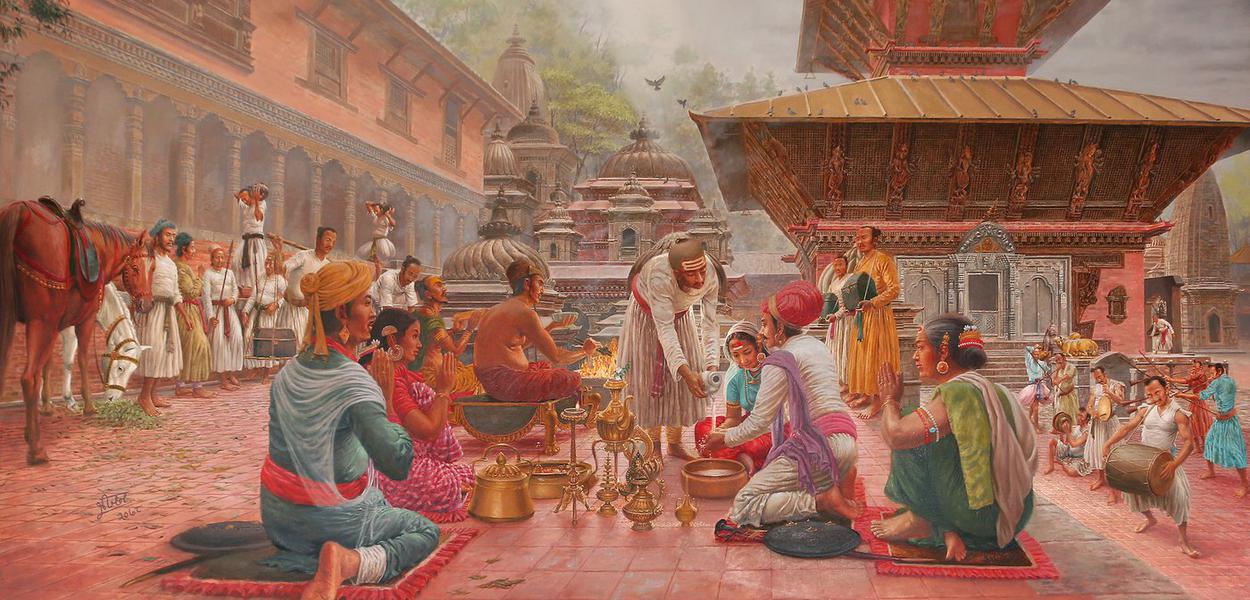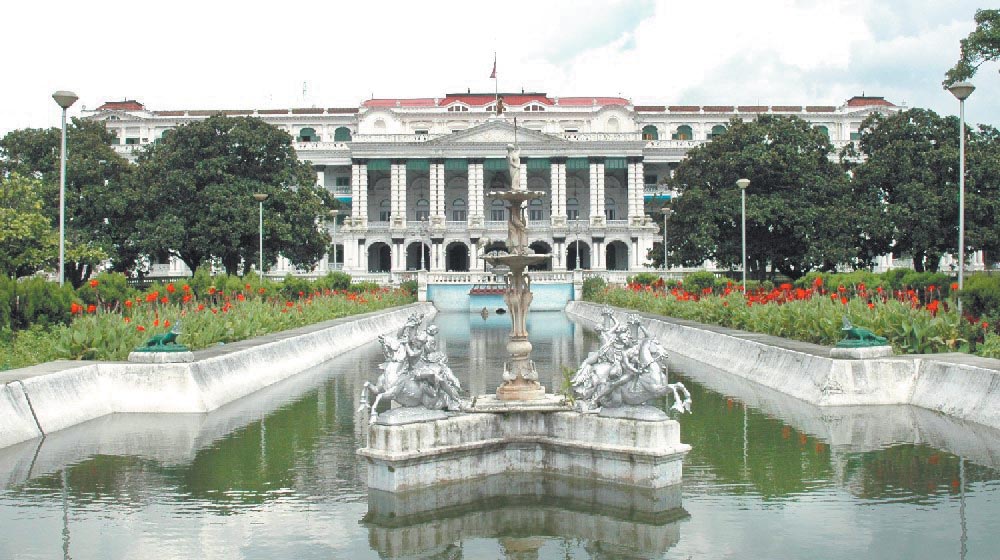Cruelest Dictators in the History

- Joseph Stalin (Soviet Union):
- Great Purge (1936-1938): Stalin ordered the execution and imprisonment of millions of perceived political enemies.
- Holodomor (1932-1933): A man-made famine in Ukraine resulted in the deaths of millions.
- Adolf Hitler (Germany):
- The Holocaust (1941-1945): The systematic genocide of six million Jews and millions of others in concentration and extermination camps.
- Mao Zedong (China):
- Great Leap Forward (1958-1962): Misguided policies led to a massive famine, resulting in millions of deaths.
- Cultural Revolution (1966-1976): A campaign of persecution, torture, and mass killings targeting perceived enemies of the state.
- Pol Pot (Cambodia):
- Khmer Rouge regime (1975-1979): Responsible for the Cambodian Genocide, which led to the deaths of nearly two million people through forced labor, executions, and mass starvation.
- Kim Jong-il (North Korea):
- Widespread human rights abuses, including forced labor camps, public executions, and extreme censorship.
- Saddam Hussein (Iraq):
- The Al-Anfal Campaign (1986-1989): Thousands of Kurds were killed using chemical weapons.
- Invasion of Kuwait (1990): Resulted in significant civilian casualties.
- Idi Amin (Uganda):
- The Ugandan Genocide (1971-1979): Responsible for the deaths of an estimated 300,000 to 500,000 people through extrajudicial killings and persecution.
- Nicolae Ceaușescu (Romania):
- A brutal dictatorship characterized by censorship, forced resettlements, and a harsh cult of personality.
- Hafez al-Assad (Syria):
- Hama Massacre (1982): Crushed an Islamist uprising by killing tens of thousands of civilians in the city of Hama.
- Robert Mugabe (Zimbabwe):
- Land seizures (2000s): Led to the collapse of the agricultural sector, widespread food shortages, and economic decline.
These dictators are known for their oppressive regimes and the suffering they caused to their own people and others. Please note that this list is not exhaustive, and there are many more examples of cruel dictators in history.




